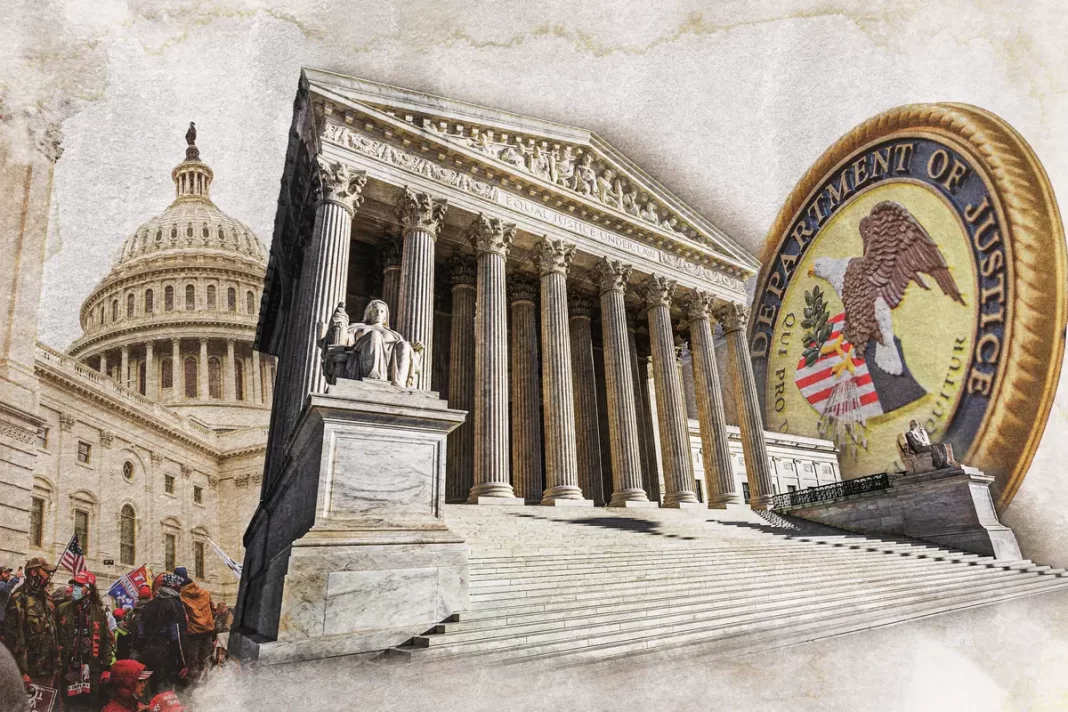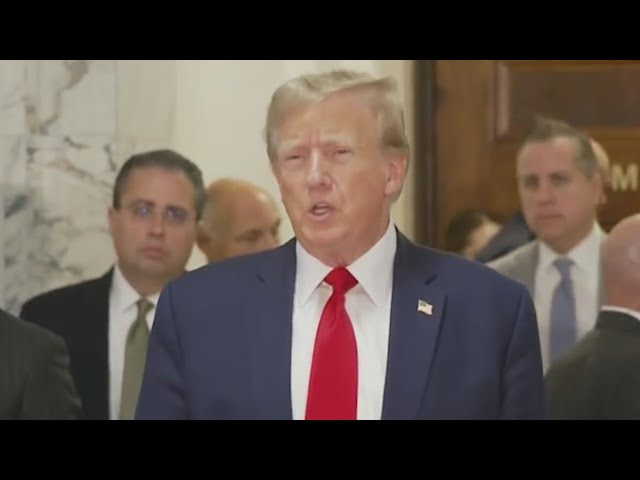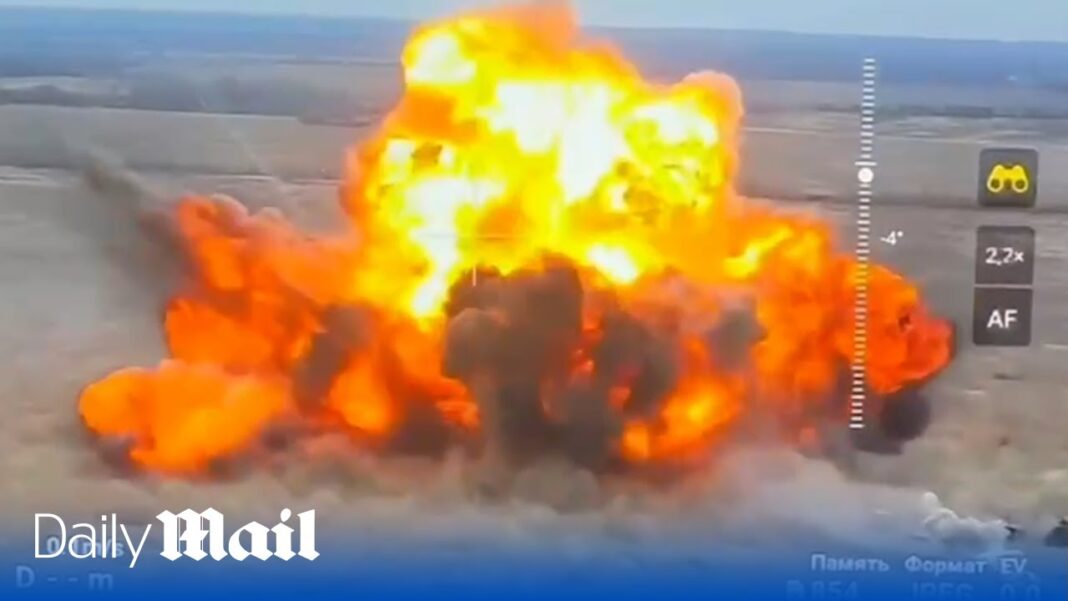The decision will affect more than 330 defendants and could eliminate the DOJ’s unprecedented and novel use of a law designed for white-collar crime.
The U.S. Supreme Court’s decision to take up a Jan. 6 case that challenges the most frequently charged felony from that day could upend more than 330 criminal cases and eliminate the most potent weapon wielded by the Department of Justice (DOJ).
On Dec. 13, the High Court granted certiorari to a petition of appeal from Jan. 6 defendant Joseph W. Fischer, 57, of Jonestown, Pennsylvania.
Mr. Fischer is among the hundreds of defendants in cases regarding the Jan. 6, 2021, Capitol breach who are charged with corruptly obstructing an “official proceeding”—the joint session of Congress that met to tally Electoral College votes and hear objections from members.
The DOJ put the Jan. 6 protesters in its sights with the unprecedented use of a 2002 evidence-tampering statute to prosecute them for delaying the counting of votes from the 2020 presidential election.
The Supreme Court’s decision could knock the heart out of hundreds of prosecutions and quash the unorthodox use of a law not designed to apply to anything but corrupt accounting practices.
18 U.S. Code Section 1512(c) reads:
Whoever corruptly (1) alters, destroys, mutilates, or conceals a record, document, or other object, or attempts to do so, with the intent to impair the object’s integrity or availability for use in an official proceeding; or (2) otherwise obstructs, influences, or impedes any official proceeding or attempts to do so, shall be fined under this title or imprisoned not more than 20 years, or both.
The charge has been levied in federal court against high-profile Jan. 6 defendants—including former President Donald Trump, Oath Keepers founder Stewart Rhodes III, former Proud Boys chairman Henry “Enrique” Tarrio—and hundreds of lesser-known figures.
Even defendants who came to the U.S. Capitol well after Congress was evacuated on Jan. 6 were charged with obstruction of an official proceeding. A number argued unsuccessfully at trial that they couldn’t have obstructed Congress because they weren’t present in the Capitol when lawmakers left the House and Senate chambers.







